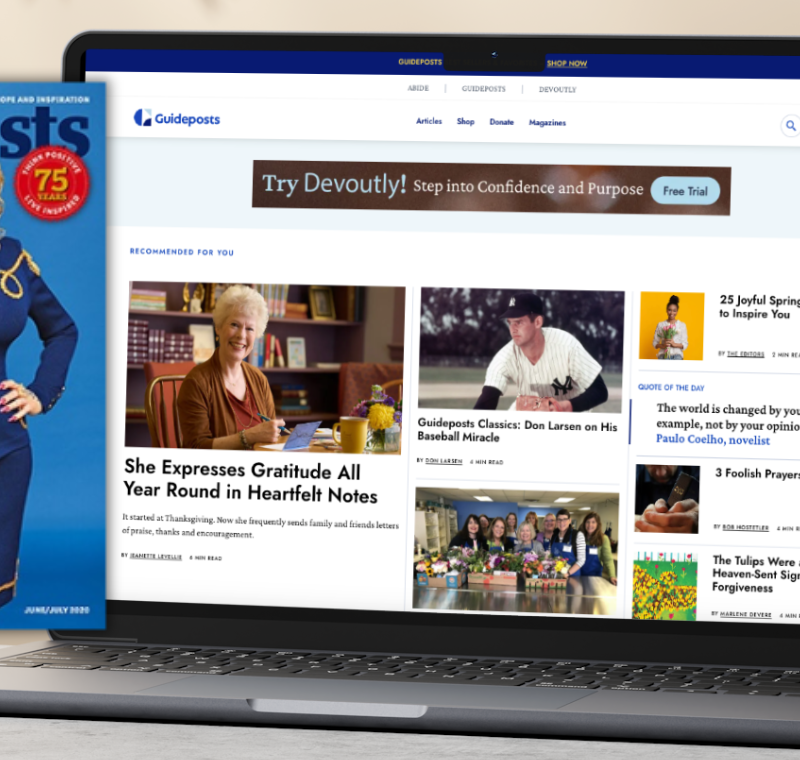Verve’s Ian James: apps allow you to monetise better than the web
Ian spoke to FIPP contributor Felix Mago off stage at the recent Digital Innovators’ Summit 2017 in Berlin.
Verve is a mobile media business that uses location data to identify targeted audiences for brands. In the process it also creates better user experiences for the consumers of those brands.
Ian explains: “On the one hand the stakeholders are media agencies and brands, and on the other hand our partners are premium publishers… The way that Verve derives its mobile location data is through those premium publisher apps. We partner by supplying the publisher with an app and location-oriented software development kit (SDK).
“This enables us to derive the location data of a device at any given time through the app. So, the SDK is just to look at the individual device, fully anonymised and then we can build up consumer segments based on where that device goes in time and space. We’re able to see ‘Joe Blogs’ moving between retail outlets, entertainment outlets, airports, wherever that individual carries that device.”
According to Ian the data allows them to create insight about each individual device, which can then be appended to other data sources. This creates powerful audience knowledge that enables brands to connect with consumers through premium publisher partner apps.

Ecosystems
It goes without saying that the importance of location-based data has increased enormously as audiences moved from desktop to mobile. “We are a mirror to that consumer behaviour,” says Ian. But more importantly, they are taking the insight into consumer behaviour one step further by using location data to enable publishers and brands to recognise trends within the ecosystem, or as Ian refers to it, ‘value chains’.
“That’s pretty new. The key differentiator in this particular space is the fact that Verve works as a partner with publishers to derive better data about that device by having an SDK that sits on the device. It’s a device business not necessarily just an ad-tech business. So, we’re meeting consumer demand but also bring new technology and new understanding of data to the party. This enables us to create better customer experiences and better engagement with the brands,” he says.
Smarter targeting
Mobile has moved from a communication device to a utility. It’s become a “critical component” of life itself, says James. This “changed the rules” not only in terms of desktop advertising or content creation but necessitates a much smarter understanding of how to personalise experiences wrapped around mobiles.
“It doesn’t mean it has to be a personal experience about the individual all the time. What it does mean is to better understand groups of individuals. Much of the content and advertising experiences will be on mobile, therefore we can derive a smarter segmentation and understanding of groups of individuals and how they might interact with each other. More importantly we can examine how content and brands can interact with these audiences on a specific device. So, it’s simply a smarter understanding of the consumer context.”
Within this environment there are new challenges and opportunities for media. To harvest these opportunities, media companies need to understand the different roles that apps and the web play in terms of creating a loyal customer base and how to monetise from it. “An app, for example, gives you significantly more data to build up smarter targeting for your audiences. This enables you to not only monetise from the audiences in a more effective way, you can also get better value for your audiences because they’re more precise and accurate audiences for advertisers.”
Furthermore, says Ian, apps, compared to web, create a much more transparent environment. “It’s much easier for advertisers to buy viewable impressions in an app environment than on web. I think the opportunity is really around shifting from web to app in order to create better environments for your customer as a publisher, but also to enable you to monetise that audience in a more effective way in line with market expectations.”
***Get stories such as this in your inbox with our weekly FIPP World newsletter. Subscribe to FIPP World here. And join us at the 41st FIPP World Congress, 9-11 October in London, to hear from 75+ leading international speakers dissecting challenges and opportunities in building future media***
See Ian’s presentation at DIS 2017:
More like this
Millennials and mobile prodigies: lessons on ad engagement, with Verve’s Ian James
An in-depth look at seven key issues for media discussed at DIS 2017
Bloomberg’s Josh Rucci: ‘We should talk about mobile battery life’








